Search

News & Events
NDIA backs The Kids Research Institute Australia's program to support babies developing differentlyA world-first program for babies with delays in their social and communication skills has been launched in Western Australia, thanks to support from the National Disability Insurance Agency (NDIA).
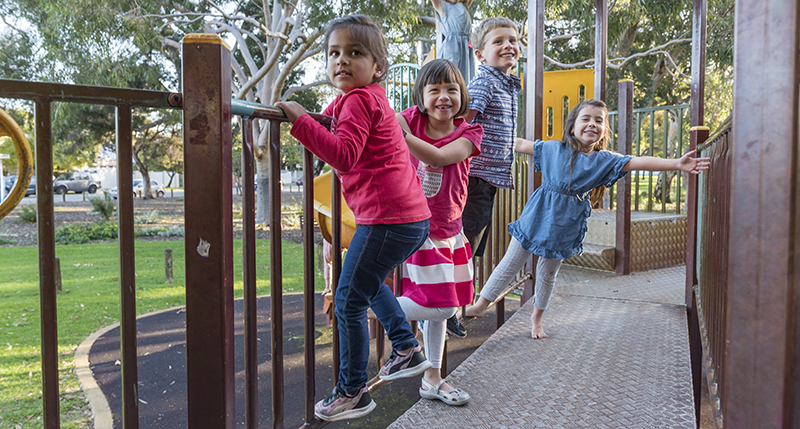
News & Events
Celebrating kids and families with disabilityOn International Day for People with Disability this Sunday, The Kids Research Institute Australia celebrates the children and families we work with in our research, as we strive for better outcomes for kids with disability.
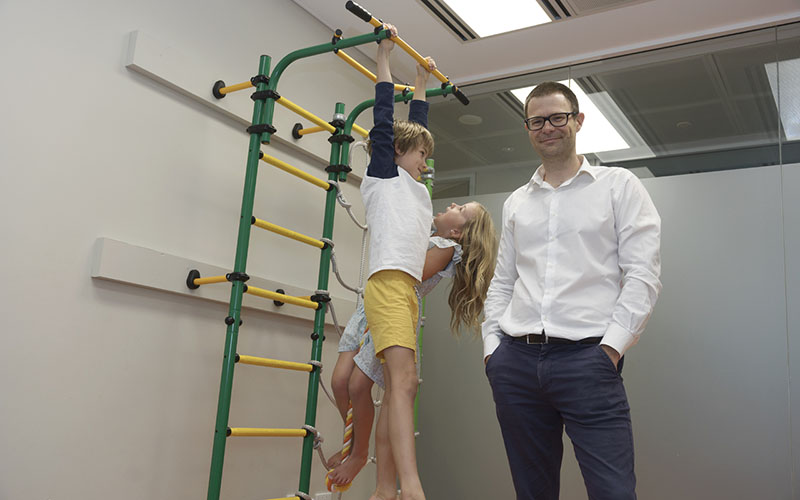
News & Events
Autism researcher a finalist for WA's Australian of the YearProfessor Andrew Whitehouse, who has helped transform clinical support for children on the autism spectrum in Australia, is nominated for WA's 2023 Australian of the Year.
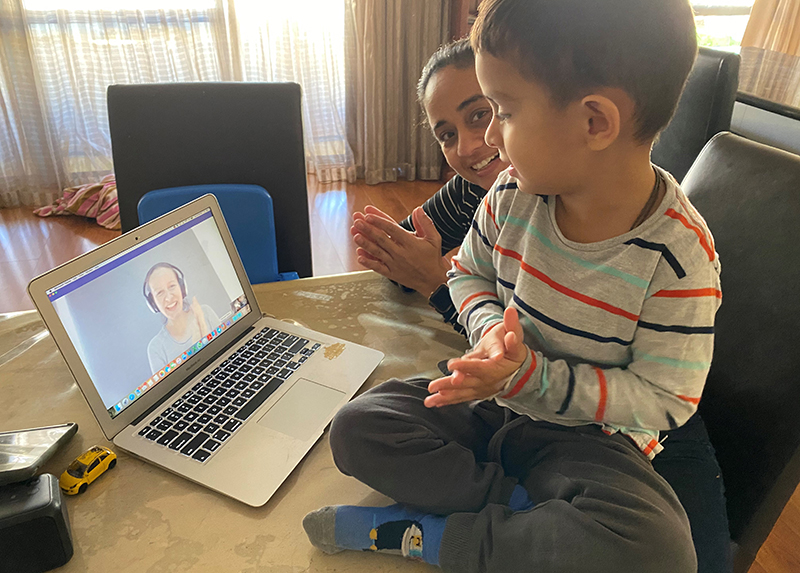
News & Events
CliniKids clinicians rise to the COVID-19 challengeThe CliniKids team has reimagined how allied health services for children with autism spectrum disorder or developmental delays are delivered.
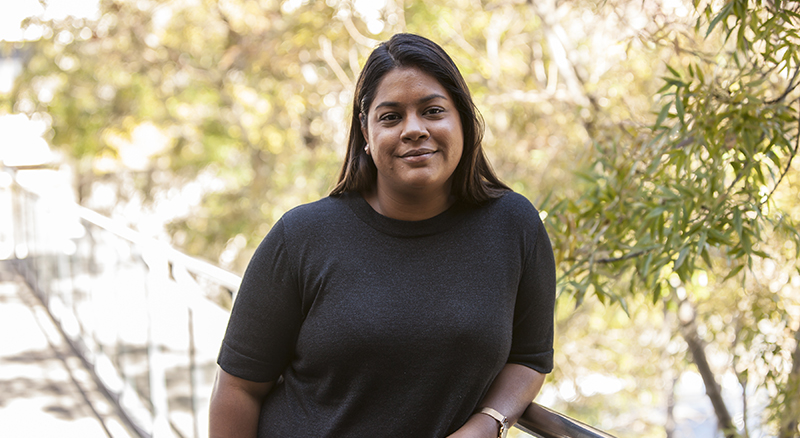
News & Events
Researchers call for the term ‘high functioning autism’ to be consigned to historyAutism researchers from The Kids Research Institute Australia have called for the term ‘high functioning autism’ to be abandoned because of the misleading and potentially harmful expectations it creates around the abilities of children on the autism spectrum.
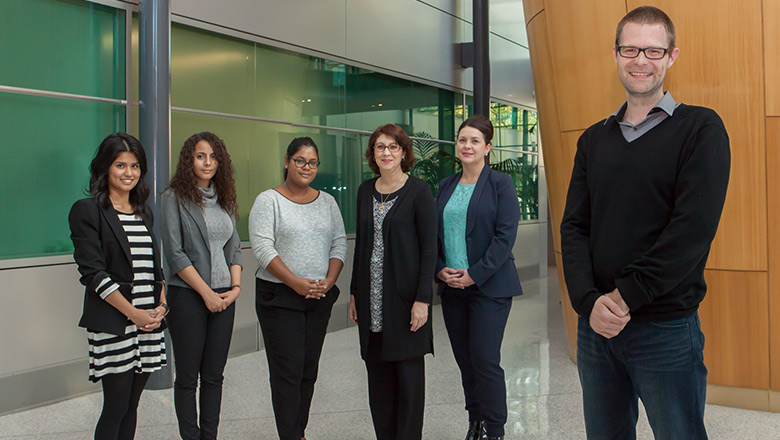
News & Events
Early diagnosis for kids with autismFocussing attention on a child’s first year of life is proving to be a major breakthrough in autism research.
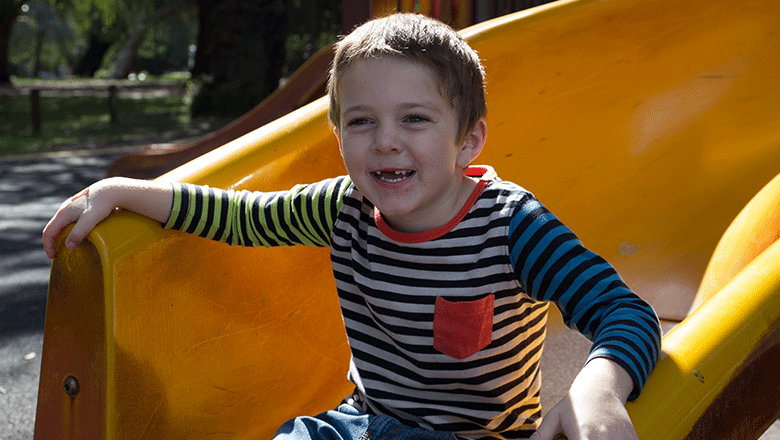
News & Events
Study looks at fish oil as treatment for autismThe Kids Research Institute Australia research has shown nearly 50 per cent of children with autism have tried fish oil supplements, but does it actually improve symptoms?
Research
Characterising the Early Presentation of Motor Difficulties in Autistic ChildrenThis study aimed to explore the rates of motor difficulties in children from the Australian Autism Biobank, and how early motor concerns impacted on children functionally.
Research
Evaluation of Low-intensity Therapist-Delivered Intervention in Addition to Parent Coaching for Young Children with Autism Spectrum DisorderParents are often expected to be the primary implementers of intervention for their young children with autism spectrum disorder (ASD). The provision of a few hours a week of intervention by a trained therapist, in addition to parent-implemented intervention, could increase child outcomes compared to parent-implemented intervention in isolation.
Research
Modelling quality of life in children with intellectual disability using regression treesTo identify factors associated with quality of life (QoL) in children with intellectual disability. We aimed to identify patterns of association not observable in previous hypothesis-driven regression modelling using the same data set from a cross-sectional observational study.
